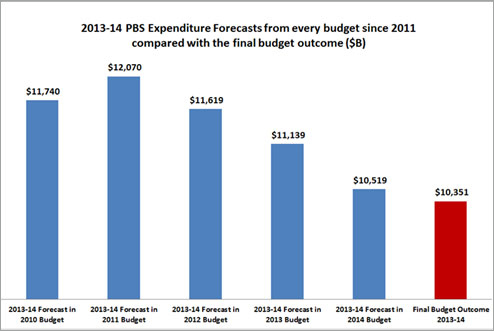Boost for High-Tech Pharmaceutical Manufacturing in Australia
Medicines Australia CEO Tim James today welcomed GSK Australia’s announcement to invest an additional $31 million in next-generation manufacturing technology at its site outside Melbourne.
“The pharmaceutical industry is already Australia’s largest exporter of manufactured goods. This latest investment by GSK Australia will further enhance the industry’s contribution to high-tech manufacturing, exports and expert capability,” Mr James said.
GSK’s investment will enable the company to meet growing global demand for asthma medicines, particularly in emerging markets like China, Brazil and Turkey.
“The global market for medicines and vaccines is set to double over the next 10 years. With much of the growth coming from emerging markets, particularly in Asia, Australia is well-placed to capitalise on this growth.
“We are conveniently located and we have a world-class medical research infrastructure, highly-skilled labour force and a well-established reputation around the world for manufacturing safe, high-quality medicines and vaccines.
“With the right policies in place, Australia could more than double its exports of medicines and vaccines by 2024.”
Currently, around 50 global research-based pharmaceutical companies and more than 400 locally-owned medical biotechnology firms and service providers operate in Australia. Together, they employ in excess of 40,000 highly-skilled Australians, generate around $3.5 billion in exports each year, invest over $1 billion in R&D and deliver medicines and vaccines that millions of Australians use every day to live longer, healthier and more productive lives.
“Government policies are fundamental influencers of global company investment decisions in Australia,” Mr James noted.
“Since 2008, several pharmaceutical companies, such as AstraZeneca, CSL, Leo Pharma, and Johnson & Johnson, have invested in new, high-tech manufacturing capacity in Australia. Yet at the same time, a number of global pharmaceutical companies have exited manufacturing in Australia, with a loss of close to 1,000 jobs, due to global competition and local pressures of an unstable and unpredictable operating environment.
“We need a stable and globally competitive environment, including positive policies, to encourage high-tech industries like the global pharmaceutical sector to directly invest here for the long term.”
-ENDS-
Contact Person:
Alexia Vlahos
Phone: (02) 6122 8503
Email: Alexia.Vlahos@medicinesaustralia.com.au

